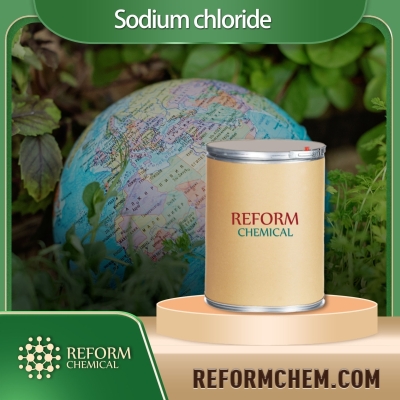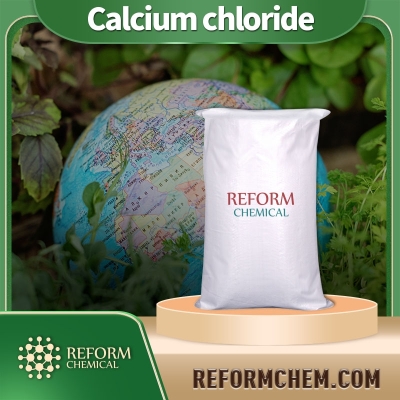-
Categories
-
Pharmaceutical Intermediates
-
Active Pharmaceutical Ingredients
-
Food Additives
- Industrial Coatings
- Agrochemicals
- Dyes and Pigments
- Surfactant
- Flavors and Fragrances
- Chemical Reagents
- Catalyst and Auxiliary
- Natural Products
- Inorganic Chemistry
-
Organic Chemistry
-
Biochemical Engineering
- Analytical Chemistry
-
Cosmetic Ingredient
- Water Treatment Chemical
-
Pharmaceutical Intermediates
Promotion
ECHEMI Mall
Wholesale
Weekly Price
Exhibition
News
-
Trade Service
Calcitonin is a hormone produced by the thyroid gland that plays a crucial role in regulating the levels of calcium in the blood.
It is often used in the chemical industry as an intermediate in the production of other chemicals and pharmaceuticals.
In this article, we will explore the upstream and downstream products of calcitonin in the chemical industry.
Upstream Products
The production of calcitonin involves several upstream processes, including the extraction and purification of the hormone from animal sources such as pigs and cows.
The most common method of extraction involves using enzymes to break down the thyroid tissue into its constituent parts, including calcitonin.
The resulting extract is then purified using a variety of chromatography techniques, such as gel filtration and high-performance liquid chromatography (HPLC).
The purified calcitonin is then converted into its active form using a process known as hydrolysis.
Downstream Products
Once the calcitonin has been purified and converted into its active form, it can be used as an intermediate in the production of a number of downstream products.
One of the most common uses of calcitonin in the chemical industry is as a starting material for the production of synthetic versions of the hormone.
This is typically done using a process known as semi-synthesis, which involves the condensation of thyrotropin-releasing hormone (TRH) and calcitonin gene-related peptide (CGRP) to produce a synthetic version of calcitonin.
Another common downstream product of calcitonin is its use as a starting material for the production of calcitonin salts.
These salts are typically used as pharmaceutical intermediates and are used in the production of a number of different medications, including calcitonin nasal spray and calcitonin injection.
Calcitonin is also used as a starting material in the production of a number of other chemicals, including:
- Calcitonin receptor antagonists: These are a class of drugs that are used to treat conditions such as hypercalcemia and osteoporosis.
They are typically produced by attaching a receptor antagonist molecule to the calcitonin molecule. - Calcitonin derivatives: These are a class of chemicals that are used in a variety of applications, including the production of plastics and textiles.
- Calcitonin conjugates: These are a class of compounds that are used in various medical applications, including the production of diagnostic agents and radiopharmaceuticals.
In conclusion, calcitonin is an important intermediate in the chemical industry and is used in the production of a wide range of downstream products.
These products have a variety of applications, including the production of pharmaceuticals, chemicals, and diagnostic agents.
The purification and extraction of calcitonin from animal sources is a complex process that requires the use of advanced technologies and chromatography techniques.







